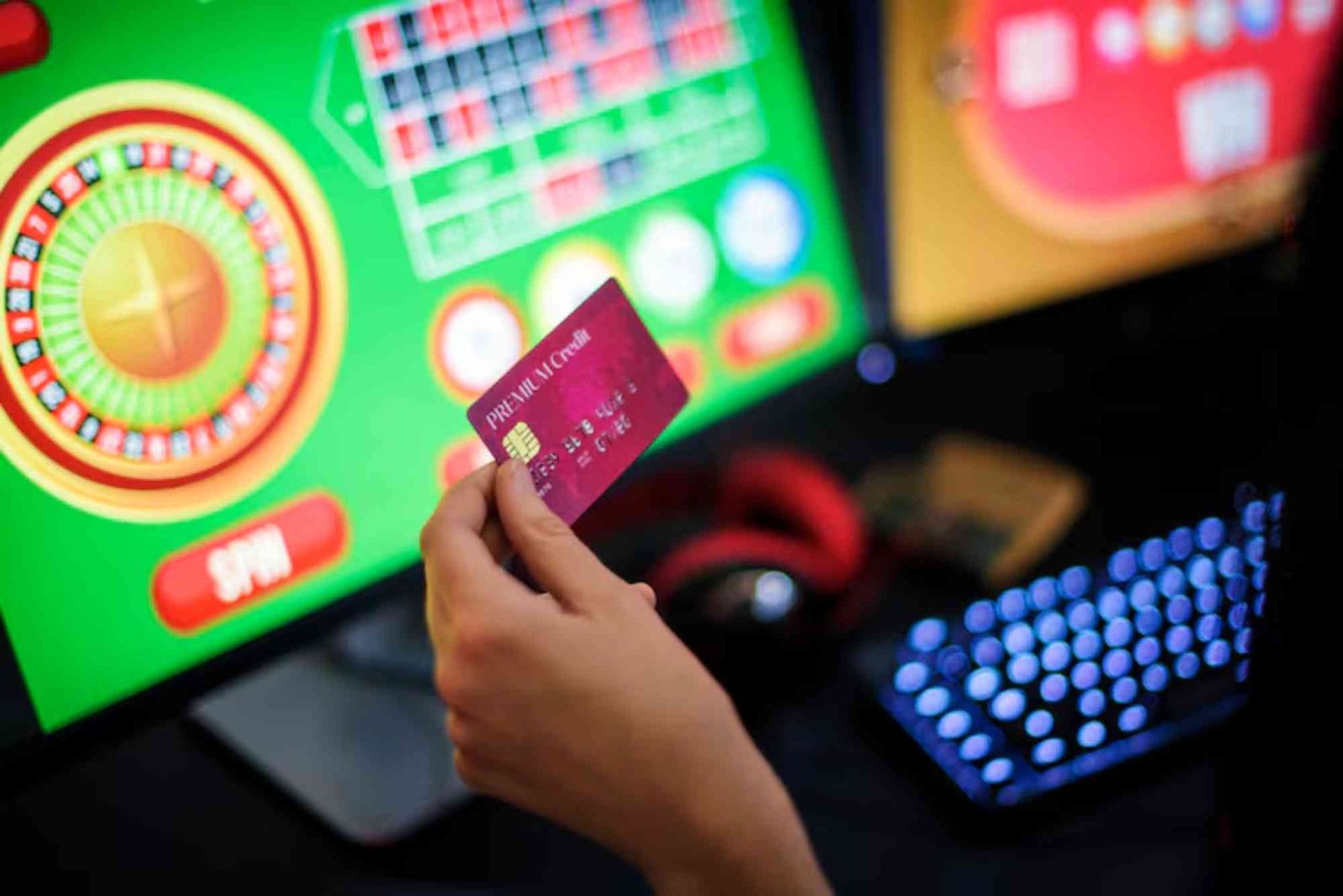Casinos are filled with bright lights, suspenseful games, and a unique mix of psychology and chance. But alongside strategy and probability, there’s another element that seems to influence many players: superstition. Whether it’s a lucky charm, a specific seat at the blackjack table, or a ritual before pulling a slot machine lever, casino superstitions are surprisingly common.
The question is, why do so many people who understand that gambling is based on odds and chance still cling to beliefs that certain behaviors can influence the outcome? The answer lies in psychology, culture, and the human desire to feel some control in unpredictable situations.
The Psychological Roots of Gambling Superstitions
Superstitions are often born out of something psychologists call “illusory correlation.” This is when people link two unrelated events simply because they occur close together. For instance, if a player wins big while wearing a particular shirt, they may start to believe that shirt is lucky, even though the outcome was purely random.
Casinos are environments filled with random outcomes, flashing lights, and sudden wins. The human brain, wired to look for patterns, naturally starts to make connections that don’t actually exist. These small beliefs can grow into rituals—tapping the table, blowing on dice, or even avoiding certain numbers.
I’ve seen players so committed to their rituals that they refuse to play unless their “lucky” conditions are met. For them, the ritual provides a sense of comfort, even if it doesn’t influence the outcome.
Culture, Tradition, and Collective Beliefs
Superstitions in casinos also have cultural roots. In many parts of the world, certain numbers, colors, or symbols carry strong cultural significance. The number seven, for example, is widely associated with good luck in Western cultures, which explains why so many slot machines highlight it. In Chinese culture, the color red is believed to bring prosperity and fortune, and it often shows up in casino design to attract players.
What’s fascinating is how these cultural beliefs shape not just individual rituals but the design of the gaming environment itself. Modern casinos and even the newest bookmakers often tap into these cultural associations to appeal to players’ subconscious, blending entertainment with familiar symbols of luck.
The Comfort of Control in a Random Environment
At its core, gambling is unpredictable. The odds always favor the house in the long run, and no amount of skill or preparation can guarantee a win in games of pure chance. This unpredictability can be unsettling for many players.
Superstitions provide a psychological safety net. They make players feel like they have some influence over the outcome, even when they know logically that the result is random. Carrying a lucky coin or following a personal ritual gives a sense of control in an otherwise uncontrollable environment.
This illusion of control is a powerful motivator. It helps players manage anxiety, keeps them engaged longer, and can even heighten the excitement of a win because they attribute it partly to their ritual.
How Casinos Reinforce Superstitious Behavior
Casinos don’t discourage superstitions—in fact, they often encourage them indirectly. The environment is designed to amplify feelings of luck and chance. Slot machines, for instance, celebrate near misses with lights and sounds, tricking players into believing they were “close” to winning. These cues can reinforce rituals players were already practicing.
Even simple design choices—like emphasizing “lucky” numbers or decorating with culturally significant colors—create an atmosphere where superstitions thrive. Casinos know that when players feel lucky, they tend to play longer and spend more.
Real-World Examples of Gambling Superstitions
Casino floors are filled with colorful examples of superstition in action. Some players bring lucky charms, from rabbit’s feet to special coins. Others refuse to sit in certain seats at poker tables or insist on being dealt from a specific part of the shoe in blackjack.
Dice games, like craps, are especially rich with rituals. Players blow on dice, shake them in a specific way, or insist on tossing them with the same motion every time. None of this changes the math behind the game, but it adds to the social and emotional experience of playing.
Online casinos have also adapted to this. Many digital slot games incorporate lucky numbers, charms, or themes that resonate with players’ beliefs. Even in a digital environment where physical rituals don’t apply, the sense of luck remains important.
The Double-Edged Sword of Superstition
While most gambling superstitions are harmless and add to the fun, they can sometimes cross into problematic behavior. A belief in luck can encourage players to chase losses, thinking their luck is “due” to turn around. This is known as the gambler’s fallacy—the mistaken belief that past outcomes influence future ones in independent games of chance.
When superstitions become a justification for risky betting or ignoring odds, they can lead to negative consequences. Responsible gambling requires recognizing when these beliefs are influencing decisions too heavily and stepping back.
Final Thoughts
So, why do casino players believe in superstitions? The short answer is that it’s human nature. Superstitions provide comfort, create a sense of control, and make the gambling experience more engaging. They’re shaped by psychology, culture, and the very design of the casino environment.
For most players, these rituals are part of the fun—adding personality and excitement to their time at the tables or slots. The key is to enjoy them without letting them override rational decision-making. In the end, luck may always be random, but the stories and rituals we build around it are what make the casino experience so uniquely human.



